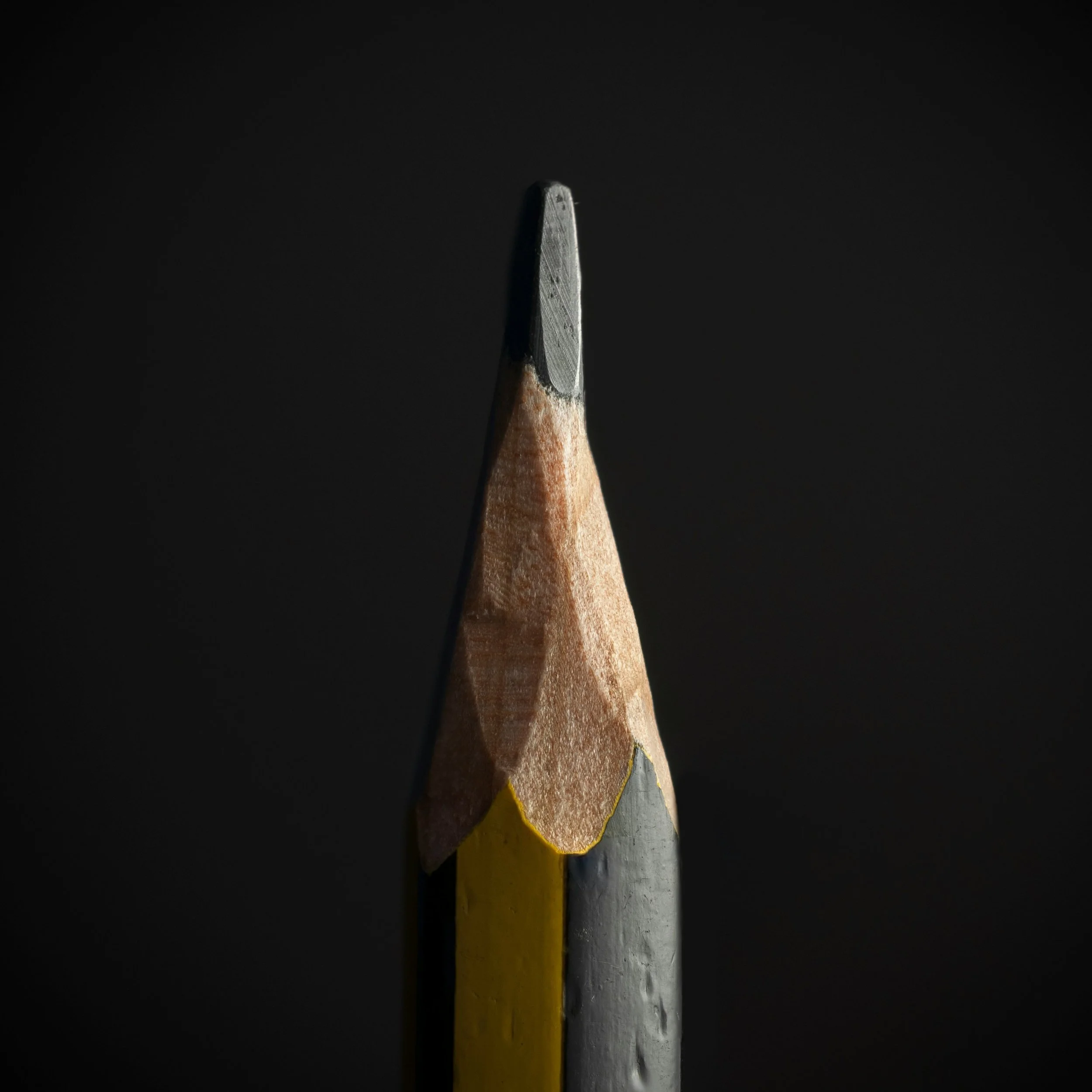This Is Why I Write
Since reading George Orwell’s essay “Why I Write”—one I’ve heard fragments of for years but finally had the chance to read and dissect in my Fiction Writing class—I’ve been pondering a quintessential question for writers: Why do we write? We engage in this art for a reason, so we should know what that reason is, right?
For me, the answer is layered.
I write partly because my ancestors in this country were suppressed and criminalized for doing so. Our thoughts, our perspectives—the mere act of stringing English or native words together on paper—was seen as a criminal act in many Southern states. I think about all the literature we have today, and how much more could have existed if my people hadn’t been forced to write in secrecy, afraid of their words being used against them.
But my reasons for writing go back further than slavery. Black history didn’t begin in 1619. We are people who have always been here and will always be here—no matter what. And with our physical existence, our utterances, sounds, words, texts, and libraries existed with us as well.
I harken back to Black scholars and thinkers in Timbuktu in the 1300s and 1400s, in Ethiopia as early as the 4th century, and in ancient Egypt dating back to 2400 BCE, writing about poetry, medicine, law, philosophy, and theology. They figured out the world long before the concept of whiteness was established. As a Black man in America, this truth gives me power and purpose. It reminds me that I am connected to an ancient and authentic lineage and that their DNA runs through me. I write because they wrote. And they wrote because they understood how powerful words were and knew that power would extend into today.
Additionally, I write because I see the power of writing all around me. Writers create contracts, draft laws, pen lyrics and scripts, and produce the literature that shapes our culture and society. Writers are behind the movies we watch, the music we listen to, the policies that allow ICE agents to harass immigrants, the cars we lease, and the mortgages we take out. Writers were involved in it all—the dignified and the unholy.
As a former teacher, I saw the light in my students’ eyes when they wrote strong sentences or persuasive essays. The process of drafting, revising, and publishing is a life-changing one. It can fill a small child—or probably anyone—with inspiration. When I had my students write letters to the Baltimore City Police Department about ways to reduce or eliminate police brutality, in the wake of Freddie Gray, they felt an extra depth of interest, focus, and intent on speaking their truth in front of the news cameras that visited us. In this way, writing can be social and political, no matter who the pen-wielder is.
I was once this student. In sixth grade, in Ms. Wilson’s English class at Furman L. Templeton in Baltimore’s Upton neighborhood, while planes were crashing into the Twin Towers in New York on September 11, 2001, I was likely paused and dismissed early from school when I was in the middle of writing a poem on Poetry.com about the violence in my neighborhood or my dog named Clementine. Those words were of my creation. Those words held power, and I am sure that conviction still inspires me to write today.
Finally, I write because what began as a talent and a yearning has grown into a moral obligation to my past and to my future. My desire is for my words to inspire, to stir emotion, to spark action, and ultimately to create a new lineage of young writers who will inspire others. The last thing I would ever want is for me to be the “best” writer ever in history. That would mean that I failed to pass the baton, to further the movement of this art form we call writing.
This tradition of writing will never die. The word won’t just be mightier than the sword—it will be the sword. It will be the defender of truth. It will be the upholder of morals, the slayer of tyrants, the changer of society.
This is why I write.
